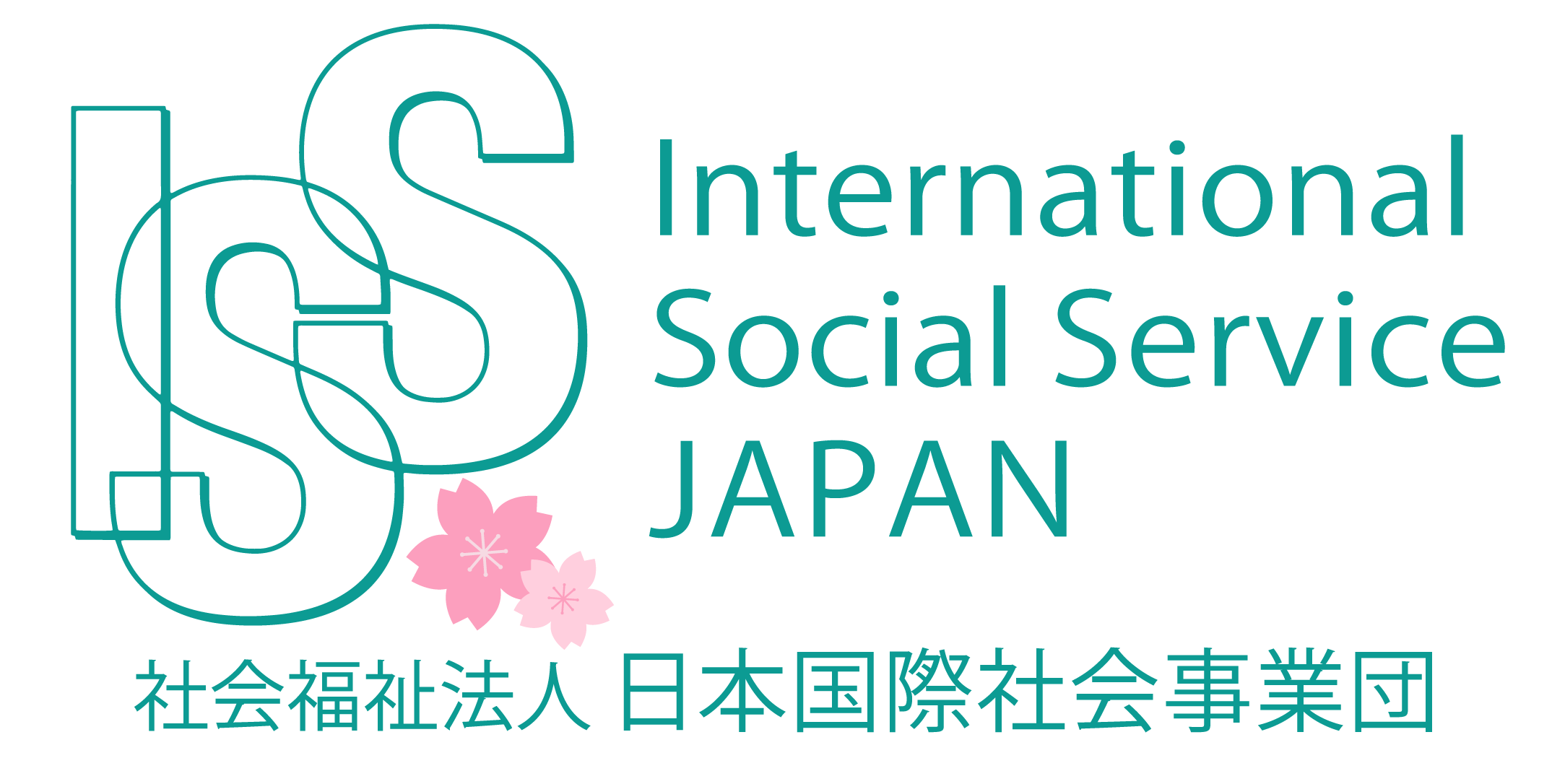Adoption Records
There are many different types of documents that are written about adoption.
- Family register
- Court adoption records
- Child Guidance Center records
- Child welfare facility (infant home, children’s home, etc.) records
- Private mediation agency records
- Medical records
When an adopted child wishes to learn about their origins, they will seek out these kinds of information.
Preservation Periods for Records
Family courts are required to preserve copies of court order documents for 30 years, and investigation reports for 5 years. The Act on the Protection of Children Related to Adoption Mediation by Private Agencies (Adoption Mediation Act), enacted in 2018, mandates the preservation of records. A 2018 amendment to the operational guidelines of Child Guidance Centers has also required them to preserve records of established adoptions in perpetuity. Some earlier adoption records, however, have been discarded due to their preservation not being mandated. Each infant home and children’s home also differs in terms of how long they preserve their records, and the state in which they are preserved. In medical institutions, medical records are preserved for a period of five years.
Protection of Personal Information
These various records may provide you with information on the adoption process, your birth parents, and more. However, it may not be possible for an adopted child to access all of this information, due to the restrictions placed by the Act on the Protection of Personal Information. It is up to each agency that preserves and manages these records to decide the extent to which these records, which contain information about various people involved in the adoption process, should be disclosed to the adopted child, while also protecting the personal information of those involved.
Various Information That Will Allow You to “Update” Your Life Story
Memories and stories about the adopted child, adoptive parents, supporters, and others involved in the adoption also provide important information about the adoption process. Such information is also essential in shaping the life story of the adopted child. If there is a staff member at a medical facility, residential facility, or mediation agency who remembers an adopted child’s birth parents, meeting with them directly may help to “update” the life story of the adopted child.
